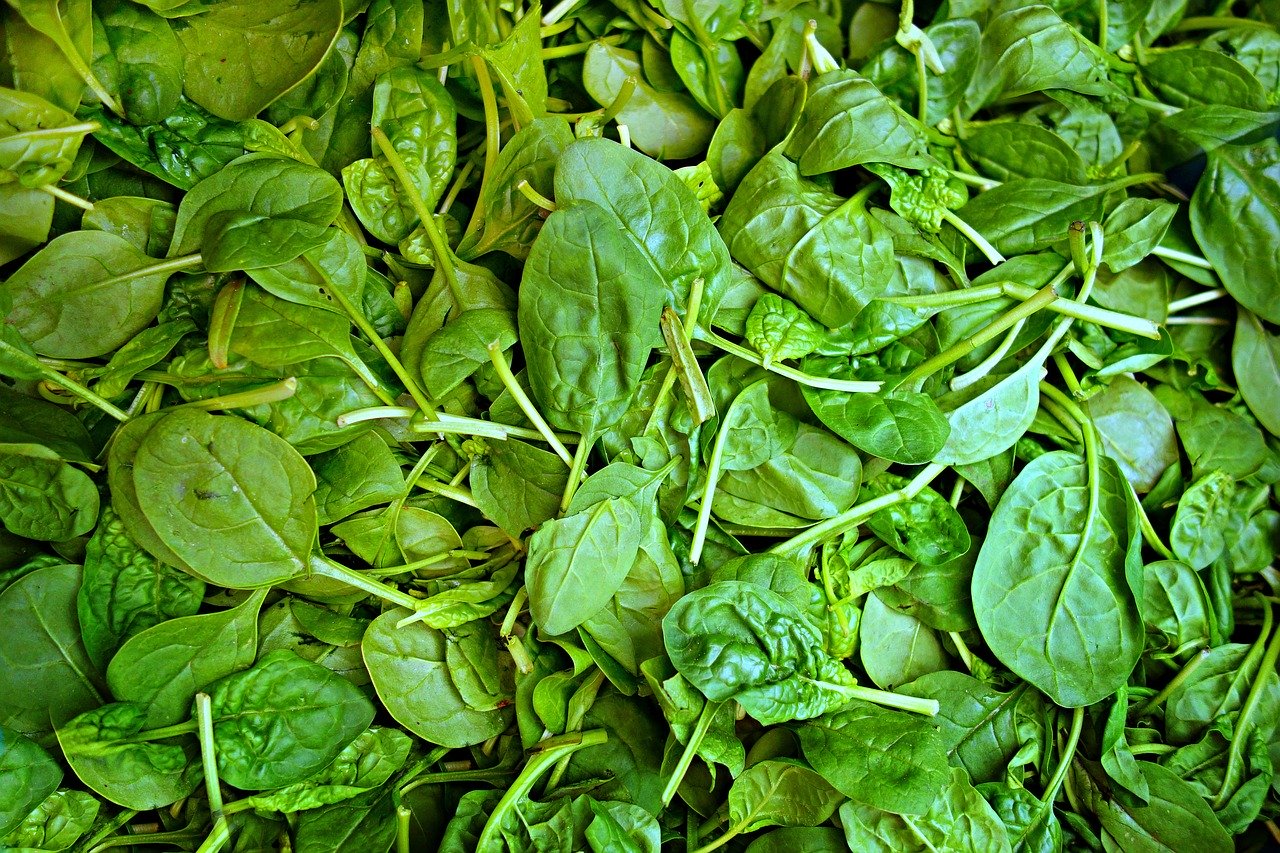In January 2019 researchers from the Czech Republic and the USA assessed the effect of two energy- and macronutrient-matched meals on gastrointestinal hormones and satiety in 60 men. 20 of … Read more
Diet and physical activity appear to reduce the risk of gestational diabetes although the effect varies by region
In July 2018 researchers from Australia and China reviewed the medical scientific literature to assess whether interventions designed to prevent excessive weight gain during pregnancy had any impact on the … Read more
Whole grains and dairy products appear to decrease the risk of colorectal cancer whilst red and processed meat and alcohol increase the risk
In August 2017 researchers from the UK published their review of the medical scientific literature to assess the association between food, beverage and alcohol intake and risk of colorectal cancer. … Read more
A high intake of whole grains, vegetables, fruit and dairy products reduces the risk of colorectal cancer, whilst red meat and processed meat increase the risk
In May 2017 researchers from Germany, Austria and Belgium published their review of the medical scientific literature to assess the relationship between the consumption of 12 major food groups and … Read more
A ‘heart’ healthy diet should include more vegetables, fruits, whole grains, legumes, nuts and fish and less red meat, processed meat and sugar-sweetened beverages
In October 2017 researchers from Germany, Austria and Belgium published their review of the medical scientific literature to assess the relationship between the consumption of 12 major food groups and … Read more
Red meat, processed meat, fish and sugar-sweetened beverages increase the risk of hypertension whilst whole grains, fruits, nuts, legumes and dairy reduce the risk
In May 2017 researchers from Germany and Austria published their review of the medical scientific literature to assess the relationship between the consumption of 12 major food groups and risk … Read more
A higher consumption of whole grains, fruits, and dairy results in a 42% reduction in risk of diabetes type 2, whereas a higher consumption of red meat, processed meat, and sugar- sweetened beverages results in a 3-fold increase in risk
In May 2017 researchers from Germany, Austria and the UK published their review of the medical scientific literature to assess the relationship between the consumption of 12 major food groups … Read more
Iron
Iron is a mineral which helps to make haemoglobin (the oxygen-carrying chemical in the body’s red blood cells) and myoglobin (a protein in muscle cells). It is also essential for activating … Read more
Women may find that a higher pre-pregnancy consumption of meat, especially red and processed meat, significantly increases the risk of gestational diabetes mellitus
In April 2018 researchers from Spain published the results of their study to assess the association between the consumption of meat and iron intake with the risk of developing gestational … Read more
Diet and Lifestyle Before and During Pregnancy: Recommendations from the Germany-wide Healthy Start – Young Family Network
In December 2018 the Healthy Start – Young Family Network in Germany published their recommendations on diet and lifestyle before and during pregnancy. Healthy Start – Young Family is a … Read more
How well do plant based alternatives fare nutritionally compared to cow’s milk?
In January 2018 researchers from Canada published their review of the nutrient differences between cow’s milk, soy milk, rice milk, almond milk and coconut milk. Cow’s milk is considered a … Read more
Hairdressers using hair dyes tend to have an increased level of oxidative stress which is a risk factor for cancer
In May 2018 researchers from Italy published their study to assess the level of oxidative stress in hairdressers and consumers exposed to hair dyes. Saliva samples were collected from hairdressers, … Read more
Cafffeine
According to the European Food Safety Authority the following amounts of caffeine are considered safe to consume:
Adults
- Single doses of caffeine up to 200mg – about 3mg/kg body weight
Omega-3 polyunsaturated fatty acids
Omega-3 polyunsaturated fatty acids also known as omega-3 PUFAs, omega-3 fatty acids and even “n-3s,”
In the 1970s, researchers from Demark discovered that although the Inuits in Greenland ate a … Read more
p-phenylenediamine
toluene-2,5-diamine sulphate
Health concerns of the product
Overall hazard: Moderate to high
Cancer: Low
Developmental and reproductive toxicology: Nil
Allergies and immunotoxicology: Moderate to high
Use restrictions: Moderate to high
Discrepancies between labelling and content have been found in a small group of hair dyes sold in Europe
In April 2017 researchers from Sweden and Italy published the results of their comparison of the labelling and content of hair dyes. A total of 52 hair dyes, from 11 … Read more
Milk-alternatives appear to reduce the height of children
In August 2017 researchers from Canada published the results of their study to assess the association between the consumption of non-cow’s milk and height in childhood. A total of 5,034 … Read more
Individuals who consume milk-alternative drinks not fortified with iodine may be at risk of iodine deficiency
In October 2017 researchers from the UK published their analysis of the iodine content in seven types of milk-alternative drinks (soya, almond, coconut, oat, rice, hazelnut and hemp). A total … Read more
Moderate fatty fish and long-chain omega-3 polyunsaturated fatty acid consumption appear to be associated with a lower incidence of depression
In June 2018 researchers from Spain and the USA published the results of their study to assess the association between fish and seafood consumption and long chain omega-3 polyunsaturated fatty … Read more




















